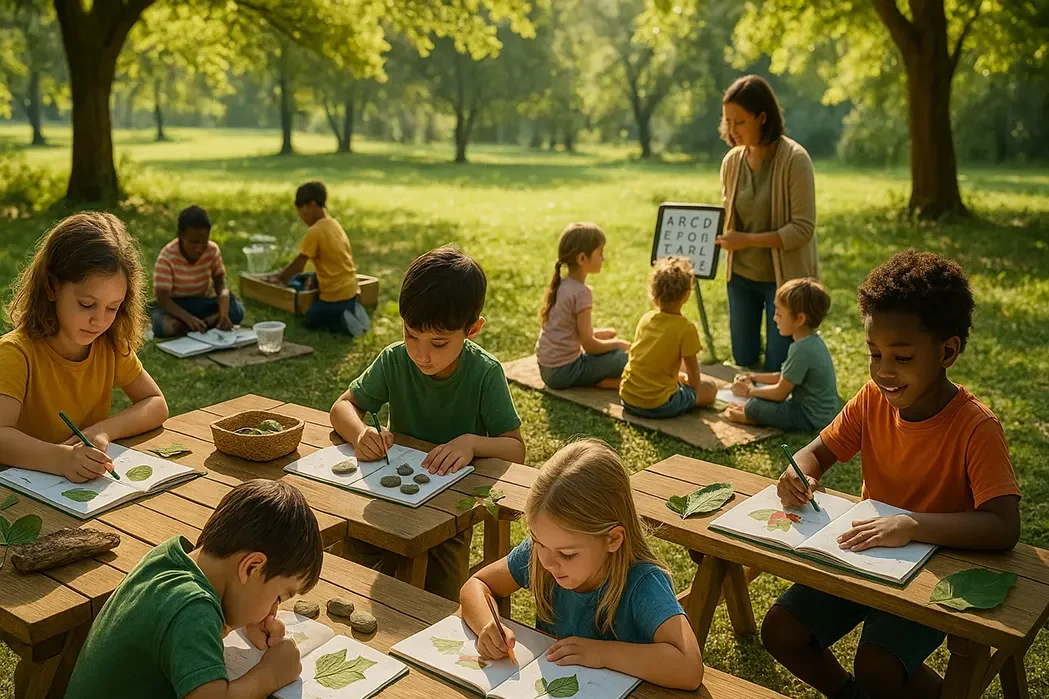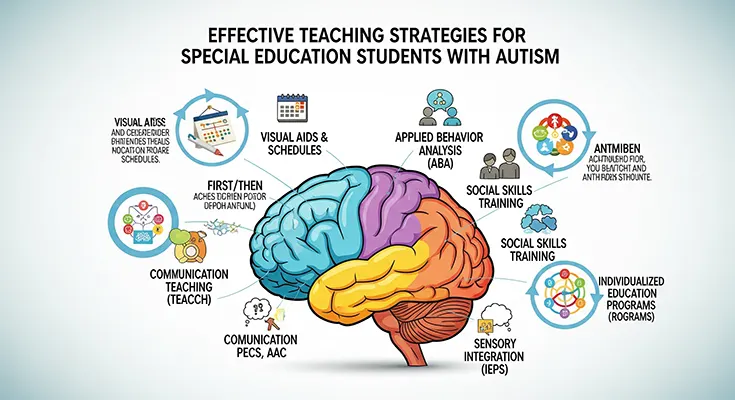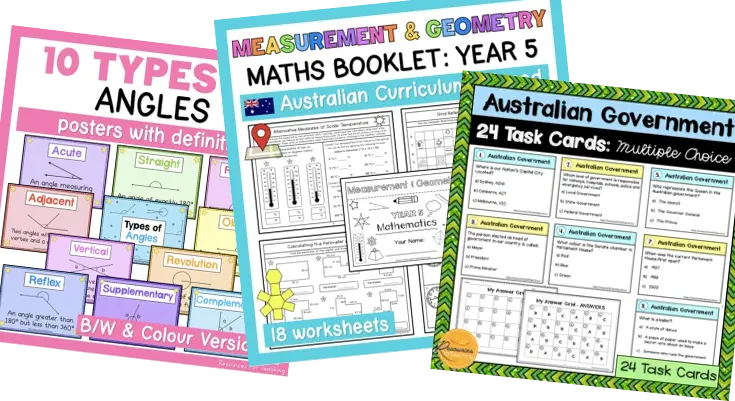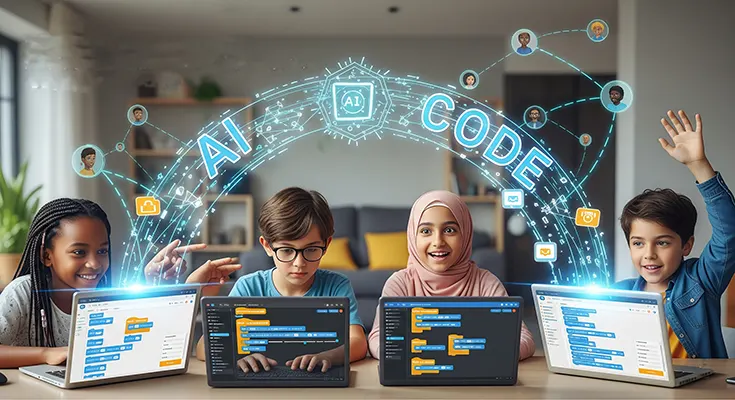
5 Proven Strategies to Enhance Your Core Web Vitals
A website’s performance whether traditional or cloud hosting is an essential factor in determining whether or not it will attract and keep visitors. Google’s Core Web Vitals serve as essential metrics that measure how users experience your website.
These website hosting metrics focus on loading speed, visual stability, and interactivity – three factors that affect whether site visitors remain or depart in frustration.
Understanding Core Web Vitals Metrics
Core Web Vitals consist of three primary measurements: Largest Contentful Paint (LCP), which tracks how quickly your main content loads; Cumulative Layout Shift (CLS), which measures how stable your page elements remain during loading; and Interaction to Next Paint (INP), which evaluates how responsive your site is when users interact with it.
Improve these web vitals indicators to boost your website’s SEO and user satisfaction.
Strategies to Improve Core Web Vitals
Strategy 1: Optimize Your Images
Images often constitute the largest elements …
5 Proven Strategies to Enhance Your Core Web Vitals Read More




